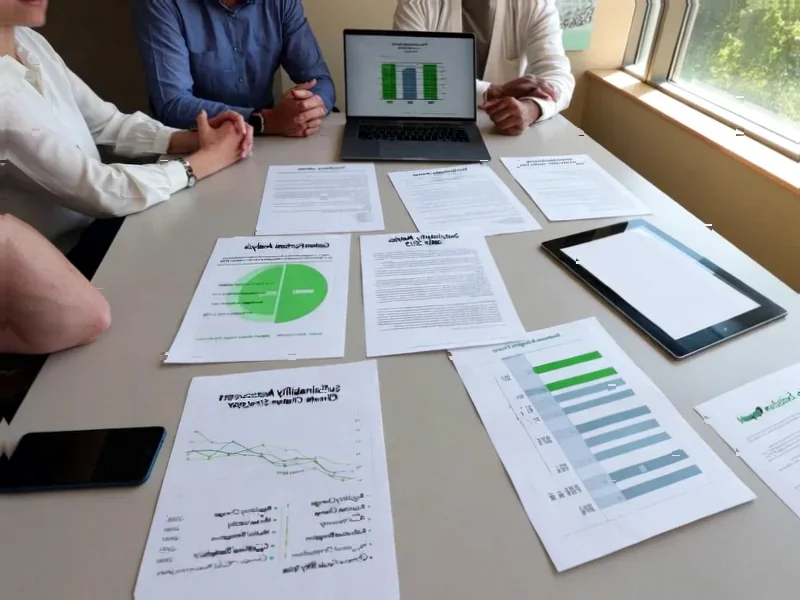According to MIT Technology Review, a concerning trend is emerging where private companies are rushing into solar geoengineering development with profit motives driving potentially planet-altering decisions. Companies like Stardust claim they could deploy systems by the start of the next decade, while Make Sunsets is already selling “cooling credits” for releasing sulfur dioxide into the stratosphere. Another startup called Sunscreen plans to use aerosols in the lower atmosphere for localized cooling, targeting farmers and cities dealing with extreme heat. Scientists who’ve studied this field for decades are deeply worried about these developments and strongly dispute many of the technical claims these companies are making. They argue these powerful technologies should be studied through publicly coordinated, transparently funded efforts rather than private ventures.
When Profit Motives Meet Planet-Scale Interventions
Here’s the thing: we’re talking about technologies that could literally alter Earth’s climate systems. And when you mix that level of power with venture capital expectations and quarterly returns, what could possibly go wrong? Scientists are rightly concerned that private companies have every incentive to oversell benefits and downplay risks. I mean, would you trust a company that sells “cooling credits” to be completely transparent about potential side effects?
The basic idea behind solar geoengineering—or sunlight reflection methods as scientists now prefer to call it—is making Earth more reflective to counteract greenhouse warming. Research suggests it could significantly reduce climate risks, especially for hot countries struggling to adapt. But that research only matters if people trust it. And trust depends on transparency, not proprietary algorithms or locked-up intellectual property.
The Transparency Problem Nobody’s Talking About
Look, when Make Sunsets sells balloon launches to release sulfur dioxide, they’re essentially running planetary-scale experiments without the oversight that normally accompanies such research. And Sunscreen’s approach of localized cooling raises even more questions—who decides which cities or farms get cooled? What happens downwind?
Scientists argue these decisions should come from multilateral government discussions informed by research, not corporate boardrooms. But we’re already seeing companies leapfrog that process entirely. It’s basically the Silicon Valley “move fast and break things” mentality applied to Earth’s atmosphere. What could possibly go wrong?
Why Public Trust Is The Real Casualty
The most damaging aspect might be what this does to public trust in climate science broadly. If people see companies profiting from geoengineering while making questionable claims, it undermines confidence in all climate solutions. We’ve seen this movie before with carbon credits and other well-intentioned market mechanisms that got… complicated.
These scientists aren’t saying we shouldn’t research solar geoengineering at all. They’re saying the research should be driven by public interest, not profit. And honestly, when we’re talking about interventions that could affect billions of people and multiple generations, that seems like a pretty reasonable position. The question is whether we can slow down the profit train long enough to have that conversation.




